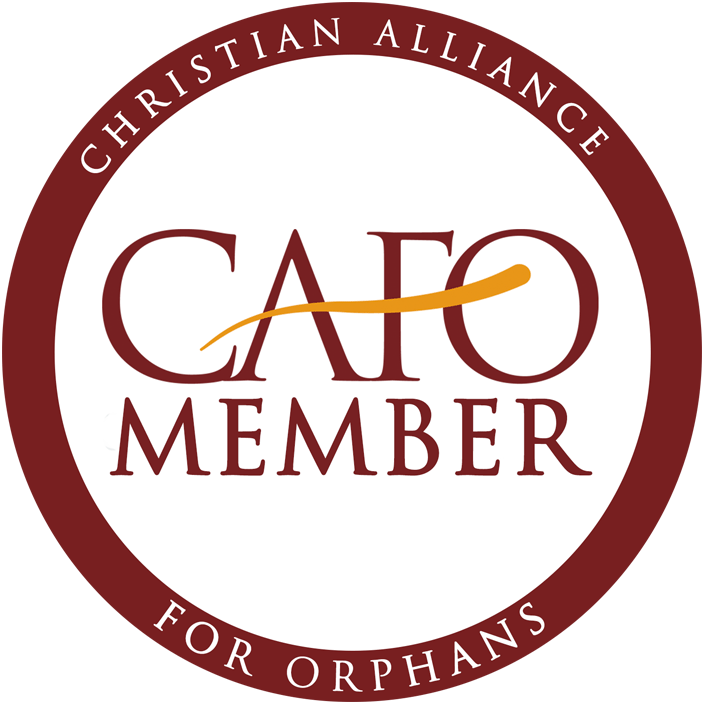We believe every child deserves the love of a family.
But that’s not the reality for millions of children around the world who are currently orphaned or abandoned without a family to call their own.
140 million children are orphaned or abandoned worldwide
5 million of these children are in Ethiopia alone
At least 80% of children living in orphanages globally have at least one living parent
Who are vulnerable children and families?
Vulnerable Child: A child under the age of 18 years and who is currently at high risk of lacking adequate care and protection. A child who has lost one parent, both parents, or their primary caregiver, has been abandoned, has been abused by parents or caregivers, is living in a household where someone is chronically ill, is living in extreme poverty, is living in a war or conflict zone, is marginalized, stigmatized or discriminated against. - TAP
Vulnerable Families: Biological families who are at risk of breaking apart. Contributing factors are complex, but may include: poverty, death and disease, maternal mortality, HIV/AIDS, social exclusion, culture, war, corruption. Without a network of support, oftentimes child abandonment or family separation seems like the only option. You can read more about this here.
What is poverty? Common definitions describe poverty as a lack of material resources, including money, food, shelter and other material needs. We believe that material poverty is a symptom of poverty, but not the full definition of poverty. The full definition must include the breakdown of relationships and ineffective systems. Without the relationships necessary for healthy growth, the cycle of poverty will only continue.
We know it’s possible to stop the cycle of broken families.
When rooted in a family, surrounded by a robust support system and an environment that fosters healthy relationships, children can grow up knowing their God-given dignity and worth, transforming their lives and healing generational brokenness.
Selamta recreates and empowers families through a holistic, community-integrated, permanent approach. Meeting basic needs is not enough. Our programs focus on each individual and their wholeness. Wrapping around them with Education, Health, Psychosocial and Spiritual support so they can experience hope and healing.
Banner photo above provided by The Archibald Project




